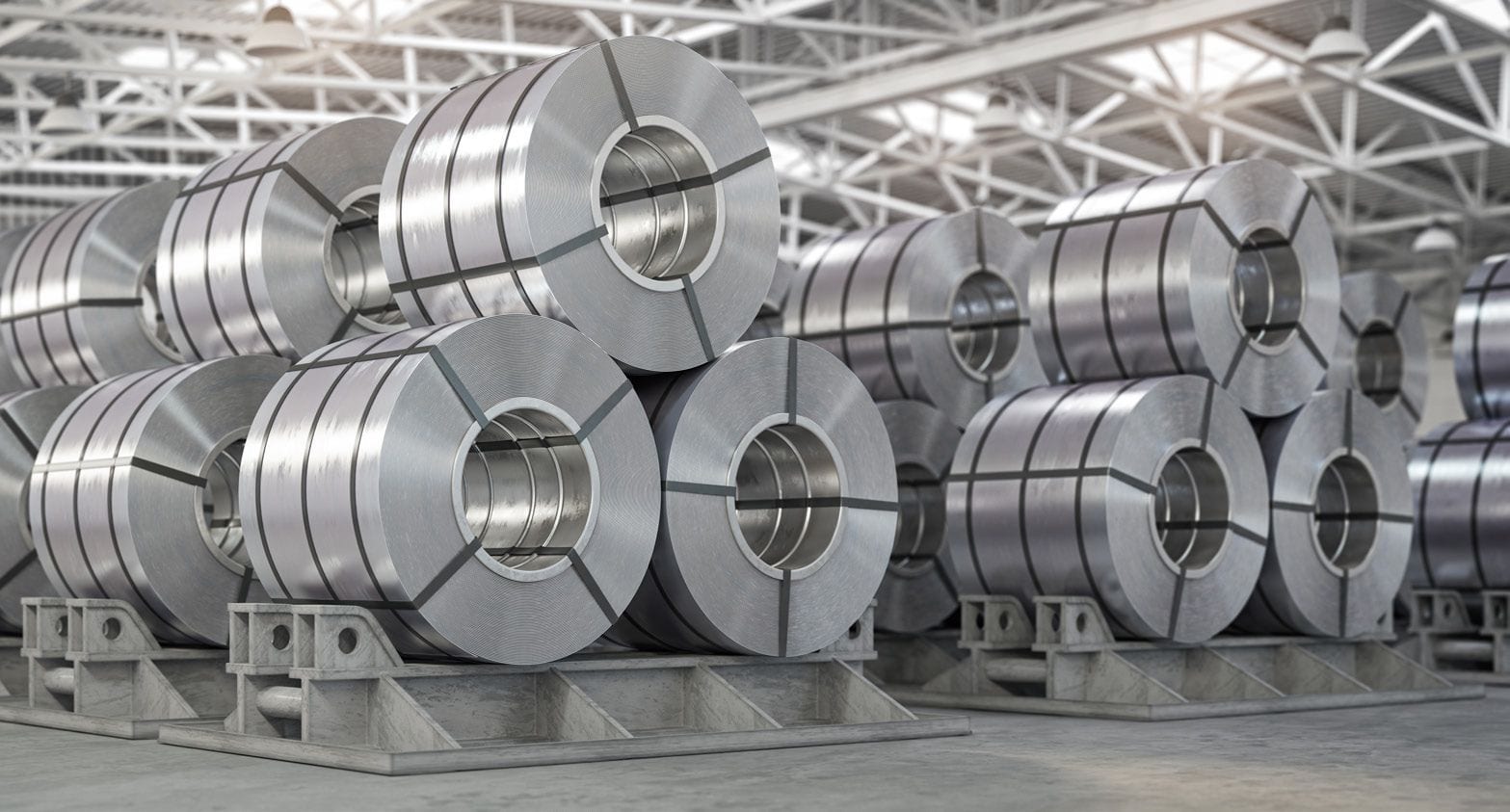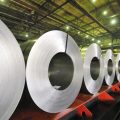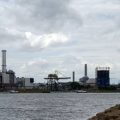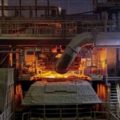Liberty Steel, a British steel company with assets in the UK, Australia, the United States and India and controls – among other things – the tin centre in Liege, Belgium, has submitted a non-binding offer to take over Germany’s ThyssenKrupp, the second largest steel producer in the European Union (12.25 Mt/year) and owns ThyssenKrupp Rasselstein, the world’s largest packaging steel production plant.
This operation would be a major leap for the British firm, whose steel production is at 5.41 Mt, which is quite far removed from what is produced annually by the European and world leader in the sector, Arcelor Mittal (97.3 Mt).
Several factors threaten the operation. First, the European Union rejects a greater concentration in the steel sector; secondly, the German company goes through one of its worst moments, after recording losses of 700M in the first 9 months of 2020 (and possibly 1000M at the end of the year – according to Spanish media intelligence and capital news report, ICNR), so it has announced around 3,000 layoffs by 2026. Thirdly, in Germany they call for the company to be nationalization, employing 29,000 workers.
Liberty Steel is part of the group of British entrepreneur Sanjeev Gupta who is a conglomerate that goes from steelmaking to energy and aluminium and operates under the name GFG Alliance.

The price that the British company has offered for the Thyssen Krupp steel plant, which began operations in 1811, is unknown. But, according to the Spanish medium, Gupta is “nicknamed the saviour of British steelmaking for its acquisitions of struggling companies.”
And this seems to be the case, since recently, Liberty Steel offered for the acquisition of the aluminium plant of the American group Alcoa located in Galicia (Spain), the only aluminium factory in Spain (San Cibrao, Lugo), which raised its closure in May 2020, after recording for several years losses of 50 million euros due, as announced by the company, to an “unsustainable situation through the aluminium plant due to the current energy framework and global aluminium overcapacity”.
The European Competition Police Station blocked Thyssen Krupp’s merger with Tata Steel Europe in 2019, but this could change due to the situation that the company and the market suffer. “ThyssenKrupp steelmaking, like many others, largely live off sales to the automotive sector whose fall in production and crisis will take a long time to recover, making it harder to see Gupta’s deeper motivations and asset acquisition career in this sector. What is now being s searched in Thyssen is likely to be a consolidation of another nature, especially since – after the sale of the elevator division – liquidity needs are not urgent,” ICNR said.










